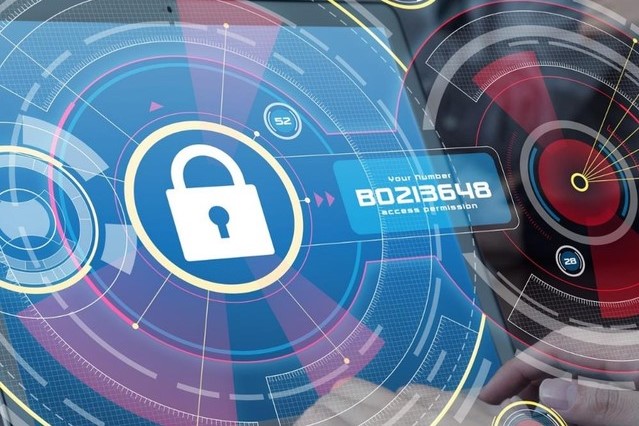By Antony Cook, Associate General Counsel, Corporate External and Legal Affairs, Microsoft Asia. This article was originally posted on LinkedIn.
 In the era of “fake news”, allegations of global meddling in democratic elections, and sky-rocketing concerns about devastating cyberattacks, it’s no surprise that “trust” has become a commodity in short supply.
In the era of “fake news”, allegations of global meddling in democratic elections, and sky-rocketing concerns about devastating cyberattacks, it’s no surprise that “trust” has become a commodity in short supply.
Rapid technological advances have changed the way we live at a rate never imagined. And the link between how we live our lives and the technology we use has become the driving factor of modern life.
There have been many upsides and positives related to this development. The world is connected like never before, the disenfranchised have been given a voice, and social media has shone a blinding light on tyranny, corruption, poverty and greed.
But it would be naïve to pretend there has not been accompanying downsides.
There are concerns about the impact on jobs, the cost of data breaches, and whether technology is leaving some people behind.
People are asking if they can trust the technology they use. And if they can trust the organizations designing, developing and deploying these new technologies. Do these organizations understand their responsibilities?
Trust is human
It is appropriate for citizens and consumers to question if they can trust the technology that touch their lives. But it is up to organizations to earn that trust.
But how can they do it? Is there an app for that?
There is no simple answer, but clearly it matters how the people — who make up the organizations — behave, and how they communicate that behavior.
If an organization is hacked and has data stolen, do they announce it immediately, or sit on the news and try to cover it up? If facial recognition is being deployed, are people clearly informed? If a company is asked to reveal sensitive customer information to a government, how do they respond?
These are all human decisions that have nothing to do with the underlying technology, and they all have a direct bearing on people’s trust.
Rush to innovation
“Digital” is the new mantra of the corporate world, and rightly so. Companies realize that if they don’t undergo a digital transformation they will be left behind. Large MNCs are forming innovation centers and pushing their own employees to come up with new ideas and business models. The potential payoff is huge.
It’s important that companies don’t lose sight of the costs of innovation while they chase the rewards.
Just one example, Asia Pacific is home to more than half of the world’s mobile subscribers, and consumers there spend more on ecommerce than North America and Europe combined. For business, these are compelling numbers. What happens if people lose trust in a particular platform or service?
Losing your customer base to a competitor after a loss of trust is one costly risk. But every security breach comes with its own hefty price tag.
Responsible action
That’s why it’s so important that privacy and security are taken into account at every step of the innovation process.
Governments are waking up to this, and new laws like Europe’s General Data Protection Regulation (GDPR) are a good first step. Among other things, the law regulates the use of people’s personal data. It makes sure that companies have explicit permission to use a person’s data — and only what they need — for a specific task. Companies must also be completely transparent about what data they use and why, and they should be held responsible for the safekeeping of that data.
Microsoft was an early supporter of the law and was the first to extend those rights and protections outside of Europe, globally. It’s a good standard practice and it goes a long way to maintain trust.
Laws are important, because they set a standard that apply to companies equally and give consumers a framework of what to expect. But in my opinion, organizations should not wait for regulations to be imposed on them before they begin behaving responsibly.
It is ultimately in everyone’s best interest to take the necessary steps to build and maintain trust. It’s not much different than the existing mindset that has governed our actions for hundreds of years. Brands were first invented so consumers could know who they were buying from and make judgements based on quality. The only difference is that we are in a period of rapid change and exposed to new situations all the time.
I believe that trust comes down to preserving some basic principles: Privacy is a basic human right. People want to know that organizations respect them and are transparent about their actions. it’s important that the benefits of technology are available to all, and not an elite few.
But how each organization chooses to respond to these principles is up to them and will determine their success in the future.







